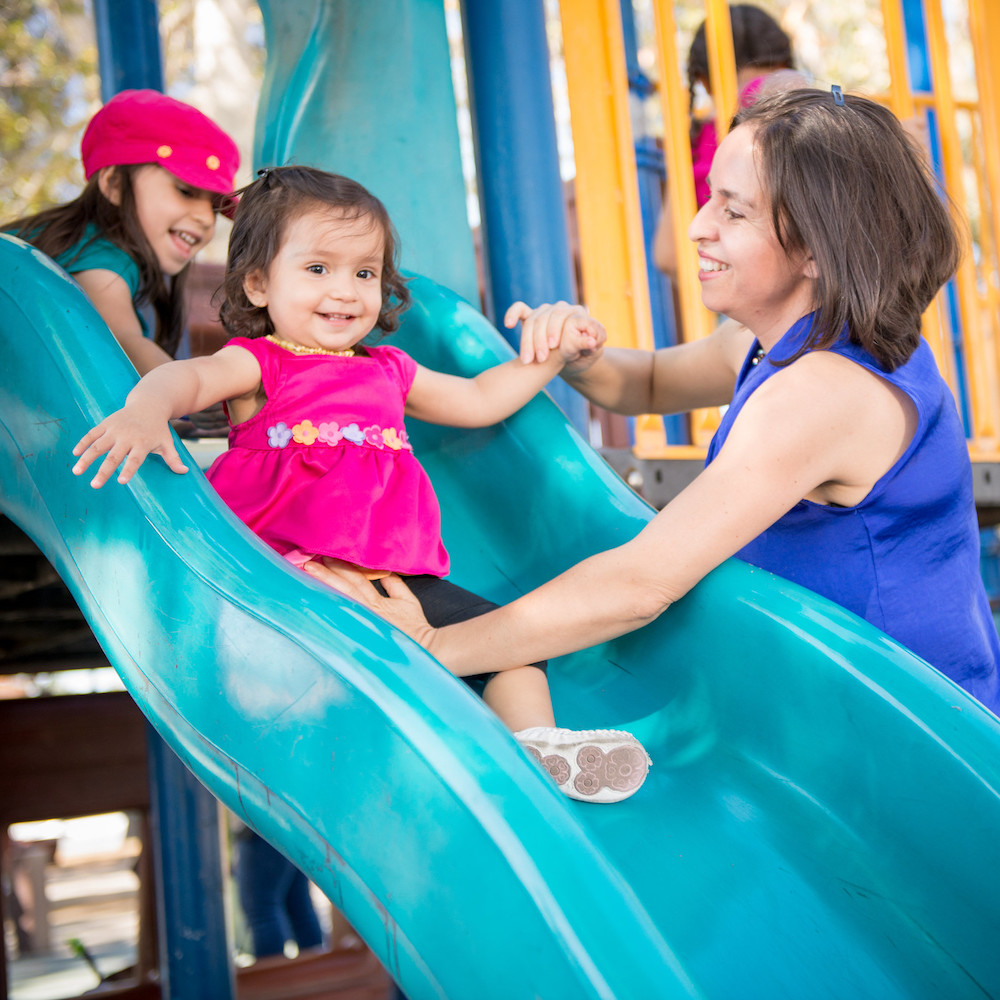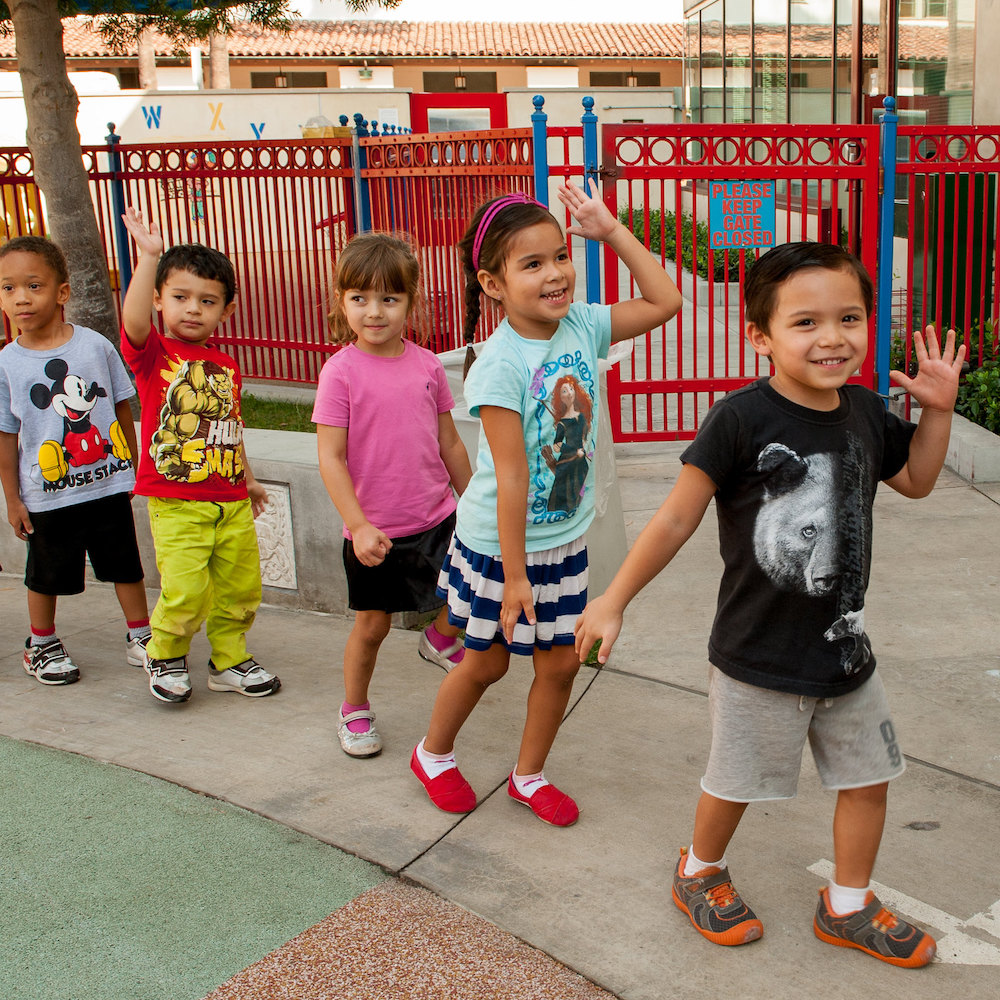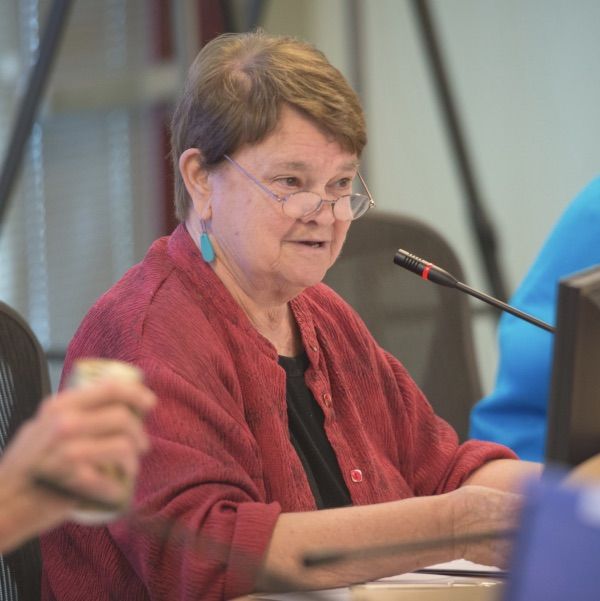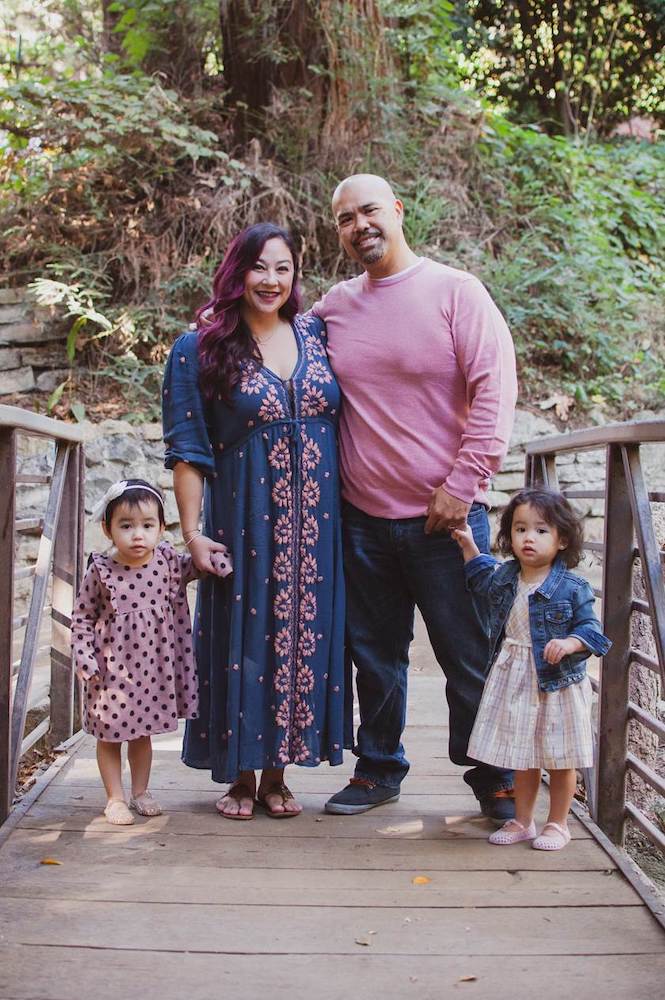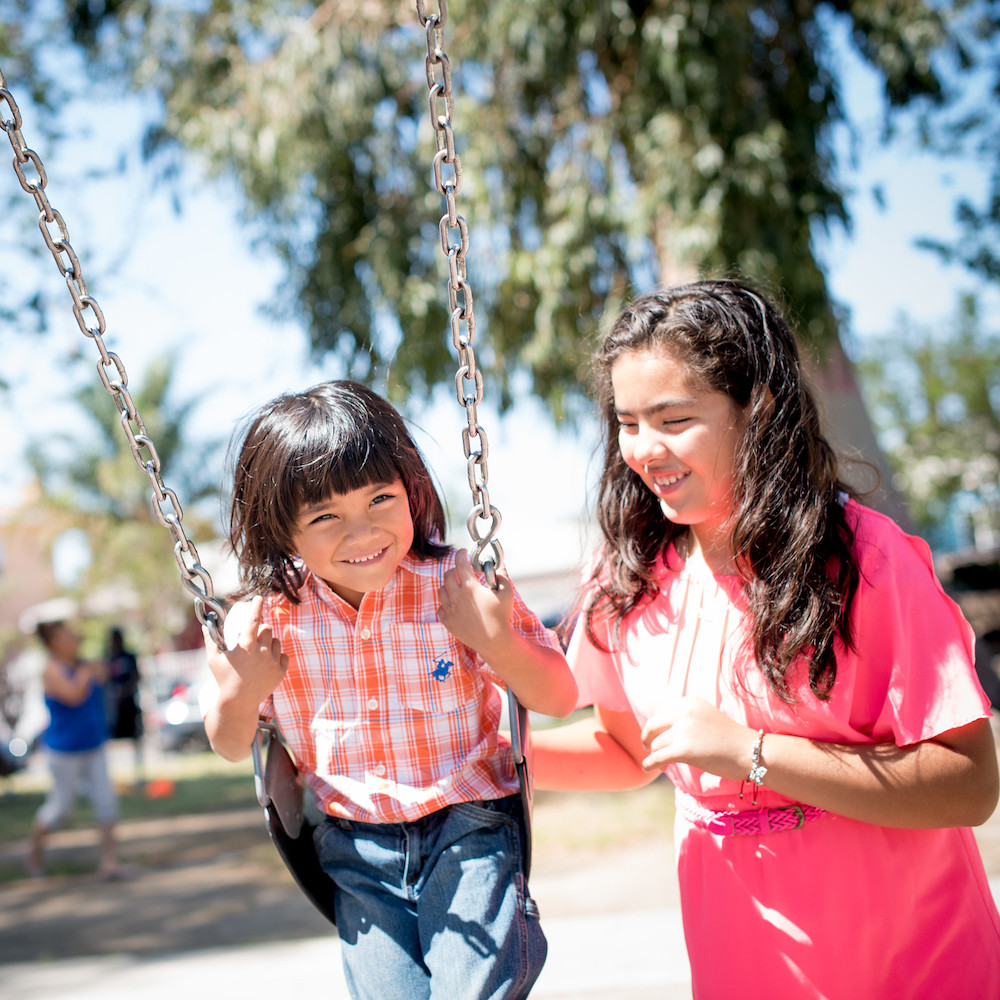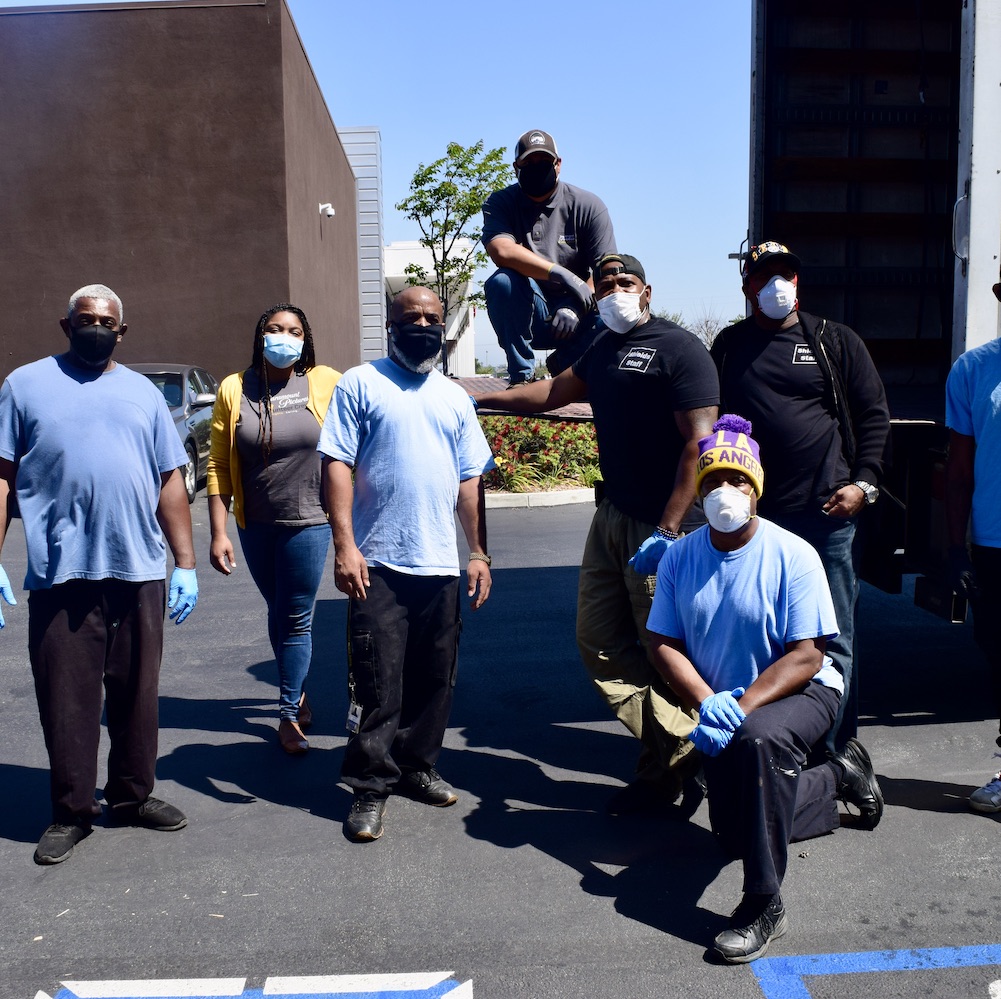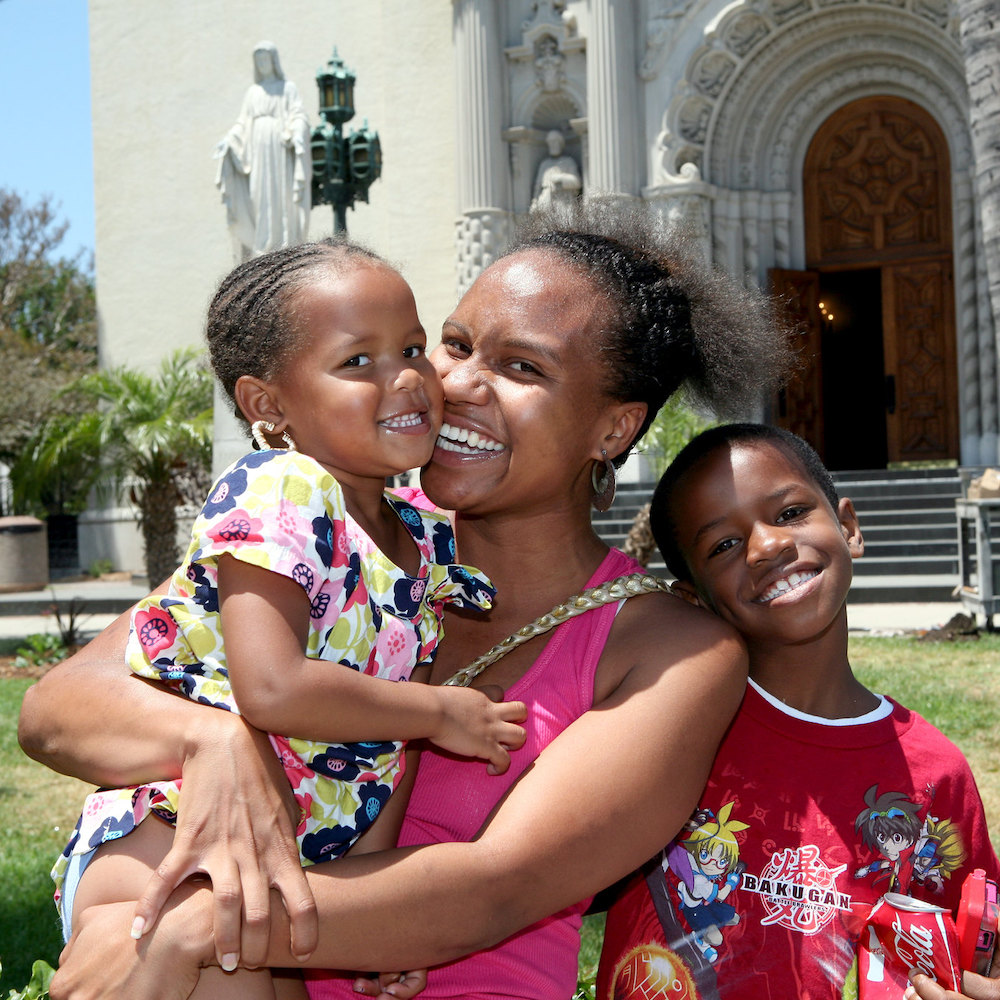
The Link Advocates, Governments, Families, and Parks initiative (Link) is working to create a model for collaborative engagement of residents, advocates and government partners to build healthier communities for children and families by engaging meaningfully in a community-driven planning process that lays the foundation for local infrastructure funding.
The Link model supports community-led organizations in building civic and planning capacity to access funding for parks and other forms of public infrastructure in a way that addresses the priorities of residents and families in the communities where it’s needed the most.

For years, parents and residents in the First 5 LA’s Best Start communities have elevated concerns that the lack of investment in the built environment – the human-made elements where families live, work, and play – affects early childhood development, learning and family well-being, especially their physical and mental health and social connection, particularly for families that are socially isolated.
As communities have been working to address these issues, there was a simultaneous shift in the financial and political context in Los Angeles County as it relates to the built environment. Unprecedented public will and investments emerged due to the 2016 passage of Measures A (parks/open space) and M (transportation/mobility) as well as a Los Angeles County Board of Supervisors 2017 motion to address food insecurity – the culmination of which has led to a transformative moment for L.A. County.
In response to this moment, the Los Angeles Funders’ Collaborative, made up of 12 funders including First 5 LA, commissioned the “Measures Matter” report written by the University of Southern California Program for Environmental and Regional Equity (now known as the USC Equity Research Institute). The report identified a key barrier to expanding open space in low-income neighborhoods as a lack of capacity amongst government agencies and community-based organizations as well as a lack of inclusion of residents in the decision-making process. This result of this has been resource distribution to wealthier areas rather than lower-income areas, which directly impacts the health and well-being of kids who do not have access to parks and open spaces as a result of their zip code.
To enact the strategies outlined in the report, First 5 LA, following a motion from the Board of Commissioners in July of 2019, established a strategic partnership with Resources Legacy Fund (RLF) to form the Link Advocates, Governments, Families, and Parks initiative (Link). The Link initiative was modeled after a successful collaboration to advocate for improvements in Zamora Park in the City of El Monte between members of Best Start El Monte/South El Monte, Trust for Public Land (a nonprofit park developer), and El Monte city officials. The project resulted in funding from The Rosalinde and Arthur Gilbert Foundation, $3.7 million grant from the California Natural Resources Agency, and $2.3 million in federal Community Development Block funds obtained by the city.

1. Build capacity in under-invested communities to leverage funding.
Link is partnering with four communities that are within the 14 Best Start communities. This will allow Link to pilot various aspects of the program including the creation of multi-sector partnerships and multi-benefit projects.
2. Ensure that parents and residents have a voice in decision-making and that the funding meets the needs of children and families.
Link partners are collaborating with parents and residents in the Best Start communities to develop a Community Park Plan. This plan will outline the community’s priorities for park and open space, ensuring that the leveraged funding responds to their needs.
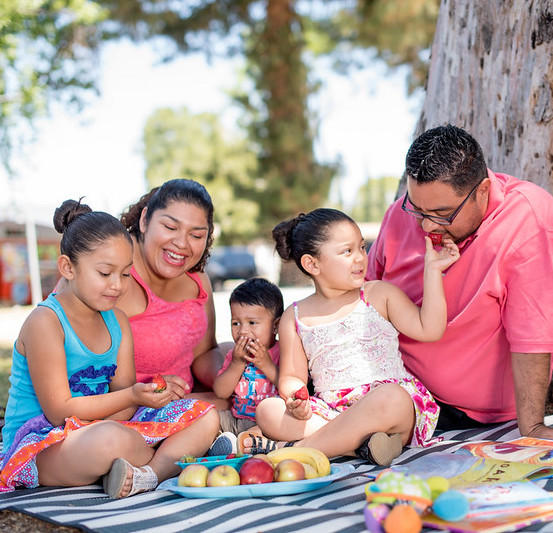
3. Partner with L.A. County Regional Parks and Open Space District (RPOSD) to integrate Link into the TAP program for Measure A.
First 5 LA has partnered with RPOSD who oversees the distribution of Measure A funding. As part of this, RPOSD is developing a Technical Assistance Program (TAP) to help municipalities and nonprofits apply for funding. RPOSD is using Link as a potential model for the TAP program.

Initially, the Link model is being advanced in four of First 5 LA’s Best Start Communities. These communities have an activated group of residents working on policy, systems and environmental changes to benefit families with children ages prenatal to five. The first Link pilot sites include:
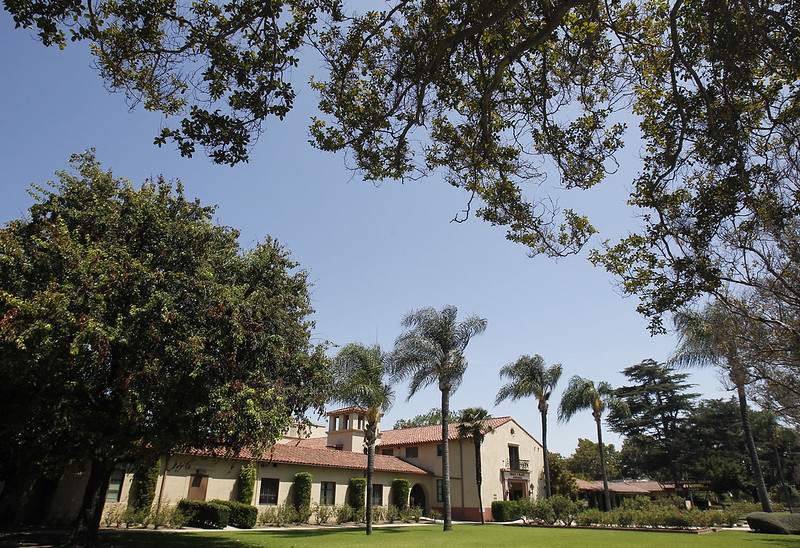
San Gabriel Valley, City of El Monte
Community Partners: Active SGV and Trust for Public Land
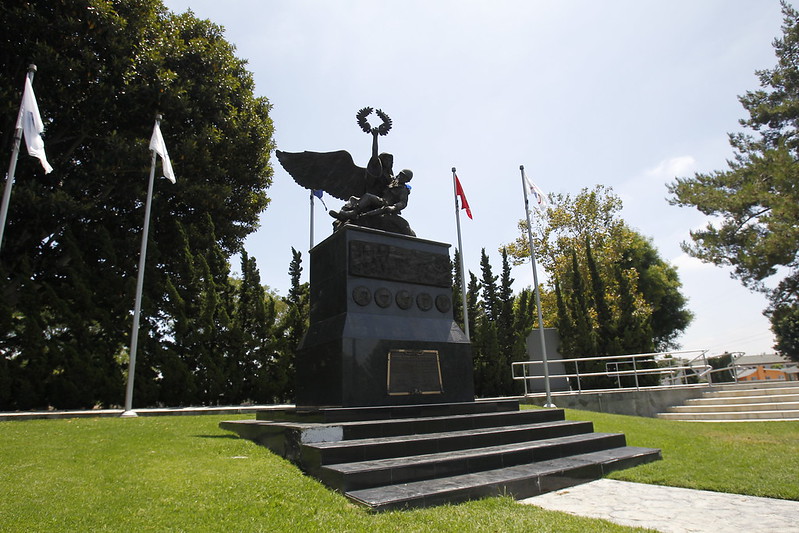
South East Los Angeles, Cities of Cudahy and Maywood
Community Partners: Communities for a Better Environment and Los Angeles Neighborhood Land Trust
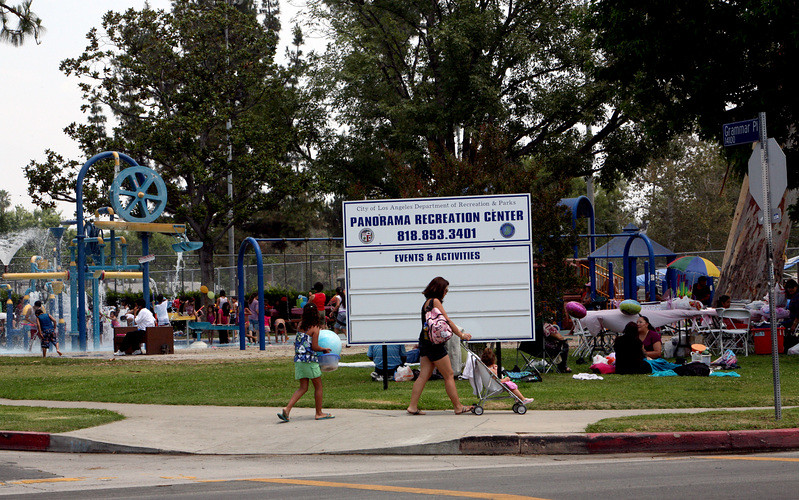
San Fernando Valley, Panorama City
Community Partners:
Pacoima Beautiful and the City of Los Angeles
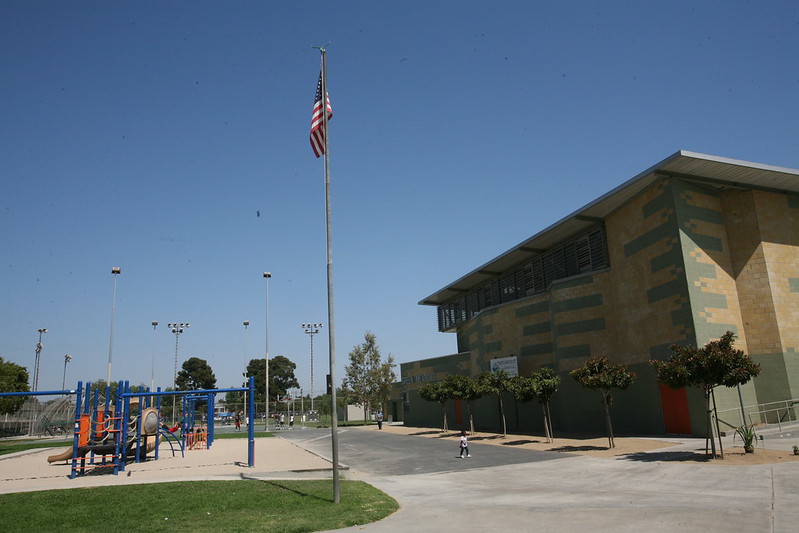
Broadway-Manchester
Community Partners:
Los Angeles Neighborhood Land Trust, T.R.U.S.T. South LA, and Community Coalition
In addition to launching these pilot sites, the UCLA Luskin Center for Innovation will evaluate how the Link process works and identify lessons learned to apply to Link’s expansion. Link is also working closely with key stakeholders that are providing in-kind resources including the Los Angeles Regional Parks and Open Space District, Enterprise Community Partners and The Water Foundation.

Resources Legacy Fund (RLF) and The Rosalinde and Arthur Gilbert Foundation –– in partnership with First 5 LA –– have committed resources to advance Link. Under the partnership, RLF contributes to and administers a pooled fund that provides grants and contracts to support community-based organizations, technical assistance providers, and program evaluators to deliver on the vision of Link.


BECOME A PARTNER:
Through these kinds of partnerships, Link funders have the opportunity to improve the lives and public health of millions of people by creating parks, encouraging exercise, reducing pollution, and establishing spaces that welcome all Angelenos to safely enjoy a moment in the outdoors. Link is seeking financial contributions from other funders to increase and enhance the reach of the initiative.
Find out more about becoming a philanthropic partner: jg*******@******la.org

RELATED READING AND REPORTS:
First 5 LA: Pathway To Progress: Indicators of Young Child Well-Being in L.A. County
Measures Matter: Ensuring Equitable Implementation of Los Angeles County Measures M & A
RELATED STORIES:
Making the News: Child Care is the “X” Factor in Reopening the Economy Contd.
Making the News: Child Care is the “X” Factor in Reopening the Economy
May 28, 2020 As the country heads into its third month of sheltering in place and states gradually reopen, a key question is looming large in the minds of parents, economists and...
Commission Meeting Summary for May 14, 2020
The Board of Commissioners meets on the second Thursday of each month at 1:30 p.m., unless otherwise indicated. All meetings are open to the public, and agendas are posted on our website at least 72 hours in advance. Please check our Commission Calendar for all updated meeting information and click here for Commission meeting packets, agendas, summaries and meeting notes.Due to “safer-at-home”...
A Heartfelt Tale of Providing Child Care for Essential Workers
Published May 27, 2020 | Photo Credit: Rondah Delos Reyes As a full-time cardiac rehab worker at a Glendale hospital, Kirstie Basal-De La Cruz helps to heal...
Impacts of the Pandemic Continue: How Gov. Newsom’s State Budget Revisions May Affect Early Childhood Support Systems in CA
May 26, 2020 The COVID-19 pandemic has dramatically and drastically transformed the world as we know it, touching almost all areas of...
First 5 LA Plays Linchpin Role To Deliver Diapers to Families
Published May 15, 2020 Toilet paper, disinfectant and baking supplies are not the only shortages due to COVID-19. Add disposable diapers to the list. “We’ve heard reports of packages of...
Child Care is Critical to Making California Healthy Again
First 5 Weighs in on Governor's May Revision to the State BudgetALAMEDA, CA (May 14, 2020) - Governor Newsom and legislative leaders face tough decisions to address the ongoing impacts of the COVID-19 pandemic on the health of California's people and its economy. While the task is undeniably difficult, child care must be prioritized to make California healthy again, said First 5 Association,...
Reissuance of HMG-LA Pathways Technical Assistance Provider RFQ
POSTING DATE: May 11, 2020 CLOSING DATE: 5:00 p.m. PT on June 19, 2020 Deadline will be extended 5:00 p.m. PT on July 17, 2020 UPDATES May 15, 2020: Informational Webinar Presentation Deck posted in Informational Webinar section. May 18, 2020: Recording of Informational Webinar uploaded to Informational Webinar section. June 03, 2020: Deadline for proposal submission will be extended, and...
Virtual Advocacy Day with State Lawmakers: Showing up and Following Up for Kids During COVID-19 Crisis
“Mommy!” The little girl’s excited voice burst into the phone call. Like many other California parents working from home to stay safe during the coronavirus...
Census 2020: Counting Young Children in a COVID-19 World
What online strategies are most effective in engaging families to take action? That question was at the heart of The South LA Online Convening: Counting Us in the 2020 Census, a web-based event co-hosted by First 5 LA and Community Coalition (CoCo). The April 9 gathering brought together a mix of advocates and community partners eager to discuss how best to ensure that South LA residents —...
